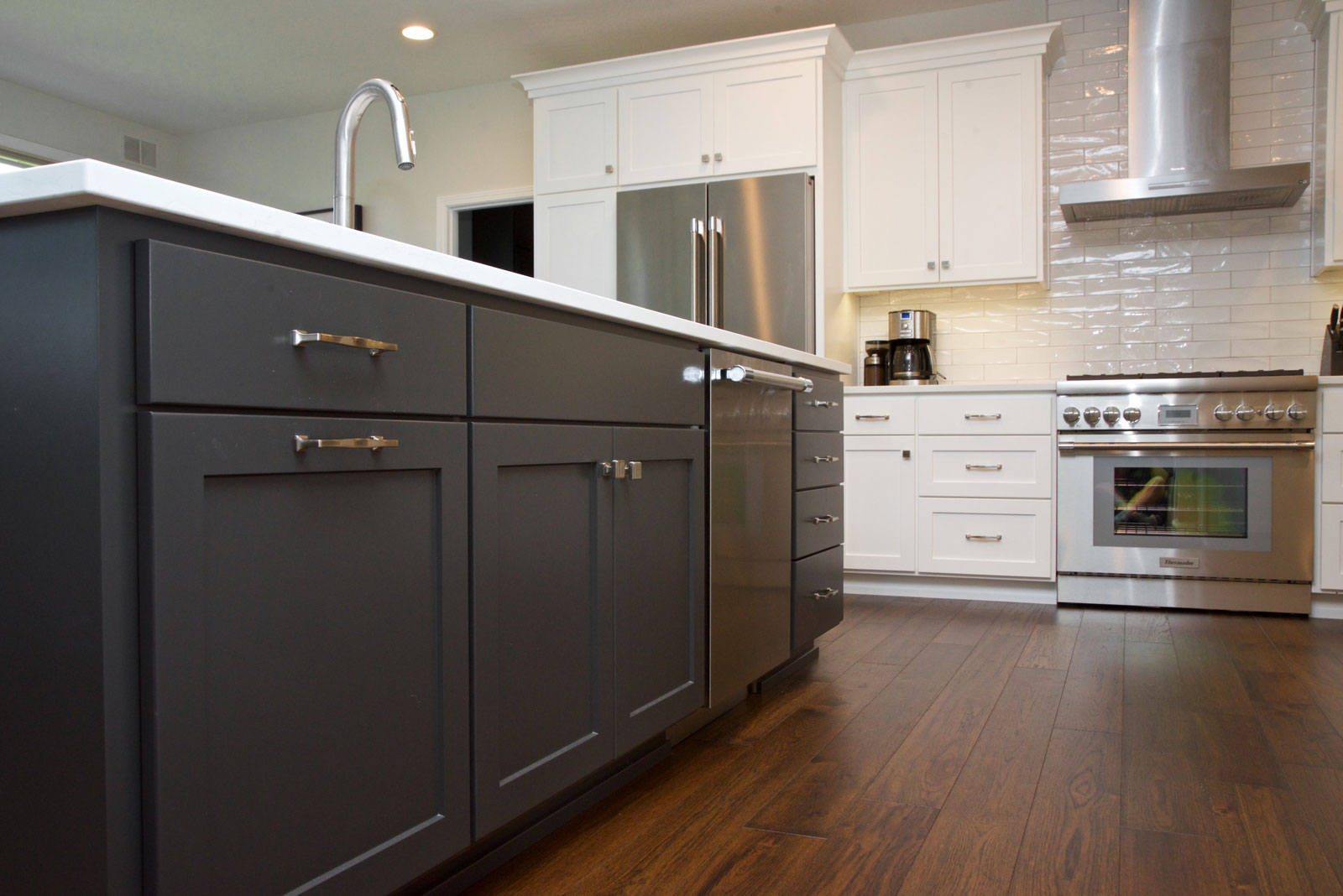
Key Considerations for a Successful Kitchen Remodel: Plumbing Edition
Embarking on a kitchen remodel is an exciting endeavor that can transform your culinary space into a functional and aesthetically pleasing area. However, when it comes to kitchen renovations, plumbing considerations are paramount to ensure a smooth and successful project. In this blog, we will explore the key factors to consider when planning a kitchen remodel, provide three essential tips specifically related to plumbing, discuss the crucial first steps in a kitchen remodel, and shed light on the challenges often encountered during the renovation process.
What to consider when planning a kitchen remodel?
When planning a kitchen remodel, several crucial aspects should be considered, especially when it comes to plumbing. It is essential to evaluate your existing plumbing lines and determine if they need any updates or adjustments to accommodate the new layout or fixtures. Additionally, gas lines may need to be relocated or extended for gas-powered appliances. Furthermore, appliance upgrades and installation must be carefully planned to ensure compatibility with the plumbing system and proper functionality.
Three tips for kitchen renovation (plumbing edition):
a. Engage with a professional plumber: It is highly recommended to consult with a professional plumber experienced in kitchen remodels. They can assess your plumbing needs, provide valuable insights and recommendations, and ensure that all plumbing modifications and installations are carried out correctly and up to code.
b. Plan for future needs: While renovating your kitchen, consider any potential future changes or additions you may want to make. By incorporating flexibility in your plumbing design, such as leaving space for additional fixtures or appliance upgrades, you can avoid costly modifications down the line.
c. Prioritize functionality and efficiency: When selecting plumbing fixtures and appliances, focus on functionality, durability, and energy efficiency. Opt for high-quality materials and water-efficient fixtures that can help you save water and reduce utility costs in the long run.
The first thing to do when remodeling a kitchen:
Before diving into the remodeling process, it is essential to establish a clear plan and budget for your kitchen remodel. Determine your remodeling goals, create a detailed layout, and consider hiring a professional kitchen designer to help you visualize the final outcome. Additionally, consulting with a plumber early on in the planning stage is crucial to assess the plumbing requirements, address any potential challenges, and ensure a seamless transition from concept to execution.
The hardest part of a kitchen remodel:
One of the most challenging aspects of a kitchen remodel is the coordination and timing of various tasks, especially when it comes to plumbing. Demolition, rerouting plumbing lines, installing new fixtures, and connecting appliances require meticulous planning and coordination among different tradespeople involved in the project. Delays or mistakes in plumbing installations can significantly impact the overall timeline and budget of the remodel. Therefore, it is vital to work with experienced professionals who can navigate these challenges and ensure a smooth and efficient renovation process.
A successful kitchen remodel heavily relies on careful planning and consideration of plumbing-related factors. By evaluating your plumbing lines, gas lines, and appliance requirements, consulting with a professional plumber, prioritizing functionality and efficiency, and establishing a clear plan from the outset, you can set the stage for a seamless and rewarding kitchen renovation. Although the process may present challenges, working with skilled tradespeople and maintaining effective communication will help ensure a successful outcome and create the kitchen of your dreams.
